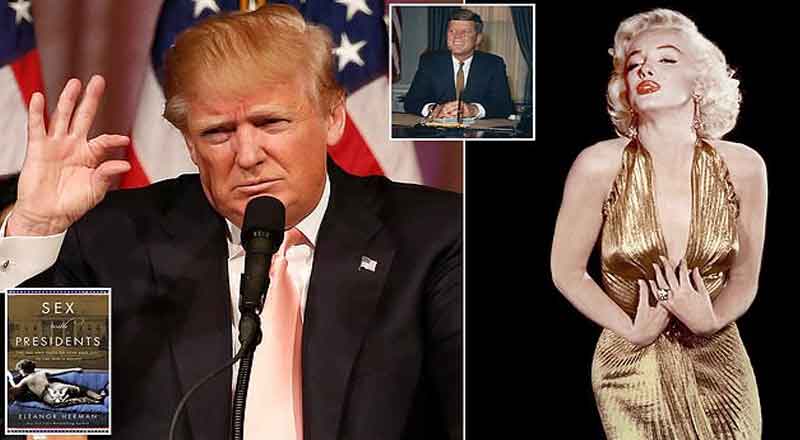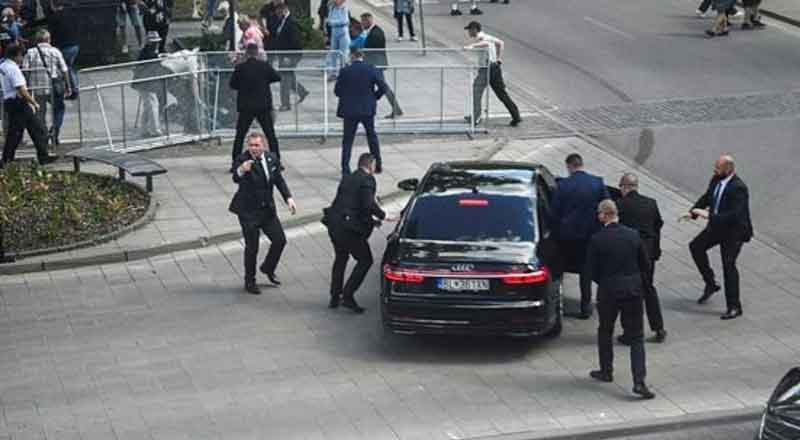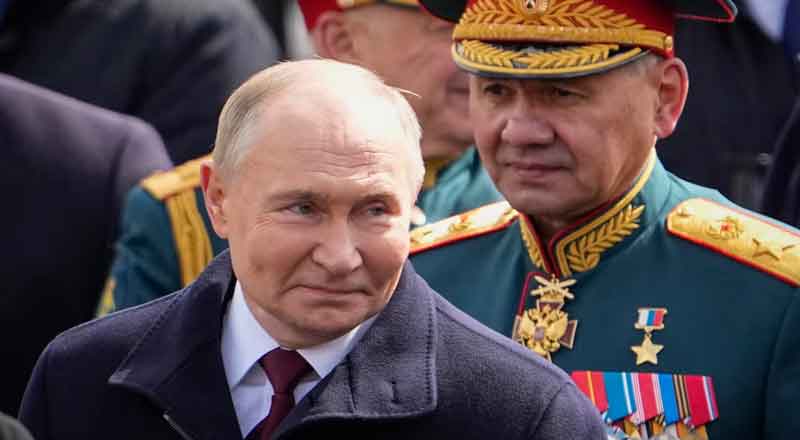- As the Hamas rocket attack on Israel and the brutal counterstrike split the world into two camps, India finds itself in a difficult situation diplomatically.
- Amid reports of Hamas’ rocket strike on Israel cities, Prime Minister Narendra Modi posted on X that he was “deeply shocked by the news of terrorist attacks”
- The External Affairs Ministry has not come out with an official statement so far.
- Pakistan Prime Minister Shehbaz Sharif has blamed Israel’s “illegal occupation” for the cycle of violence in the region.
- China has said it was “deeply concerned” by the “escalation of tension and violence” between Israel and Palestine.
- Saudi Arabia has called for an immediate halt to the violence.
- The flare-up in violence has put Saudi Arabia in a spot at a time when the US was mediating the normalization of its ties with Israel.
As the Hamas rocket attack on Israel and the brutal counterstrike split the world into two camps, India finds itself in a difficult situation diplomatically. This comes at a time when New Delhi was pushing for a bigger role in the Middle East with regional alliances and a boost in diplomatic activities.
Amid reports of Hamas’ rocket strike on Israel cities Saturday, Prime Minister Narendra Modi posted on X that he was “deeply shocked by the news of terrorist attacks”. “Our thoughts and prayers are with the innocent victims and their families. We stand in solidarity with Israel at this difficult hour,” he added.
The External Affairs Ministry has not come out with an official statement so far. External Affairs Minister S Jaishankar and the ministry’s handle have only retweeted the Prime Minister’s post.
The violence in Israel has sharply divided public opinion, with one camp slamming the terrorist attack and the other alleging that Israel’s actions in Palestine had triggered this pushback. Against this backdrop, the Prime Minister’s post is seen as a clear message of support for Tel Aviv.
This is also significant in light of how China and Pakistan, and India’s ties are strained with both responded to the violence. China has said it was “deeply concerned” by the “escalation of tension and violence” between Israel and Palestine. While there are no specific bilateral problems between Tel Aviv and Beijing, the latter has opposed Israel’s construction activities in the West Bank and East Jerusalem. Pakistan Prime Minister Shehbaz Sharif has blamed Israel’s “illegal occupation” for the cycle of violence in the region.
The flare-up in violence has put Saudi Arabia in a spot at a time when the US was mediating the normalization of its ties with Israel. Hamas’ attack in seen as a clear message to Riyadh. Saudi Arabia has called for an immediate halt to the violence.
India’s relations with Saudi Arabia have seen a boost under the Narendra Modi government, with more bilateral visits and the signing of the Strategic Partnership Council (SPC) Agreement. PM Modi was conferred with the Kingdom’s highest civilian honour. The Prime Minister’s visits to Jordan, Oman, UAE, Palestine, Qatar, and Egypt have underlined India’s focus on maintaining a key presence in the Middle East.
India’s priorities in the Middle East, earlier largely restricted to trade, are now strategic and political too as New Delhi tries to counter China and emerge as a key global player.
New Delhi’s stand on the Israel-Palestine conflict has operated across a wide spectrum since Independence. Over the years, India’s relationship with Israel remained minimal while it engaged with the Yasser Arafat-led Palestine Liberation Organisation (PLO). The governments of Indira Gandhi and Rajiv Gandhi continued to support the Palestine movement.
New Delhi established full diplomatic ties with Israel in 1992. The relations became stronger under the Atal Bihari Vajpayee-led BJP government. Israel became a friend in need when it provided India with urgent military supplies during the 1999 Kargil War.
Publicly, however, India continued to support the Palestinian cause. As recent as 2014, then External Affairs Minister Sushma Swaraj had said “We fully support the Palestinian cause while maintaining good relations with Israel”. The current spate of violence threatens India’s big outreach in the region and pushes it to pick a side, something New Delhi is not fond of owing to its trade and strategic interests.
The problem at hand, however, is much more complex, owing to the depth of India’s relations with the Middle East, whether they are strategic, economic, or cultural. While Saudi Arabia is India’s fourth largest trade partner, New Delhi is Tel Aviv’s biggest arms customer. Ties between New Delhi and Tel Aviv have seen a major boost under the Narendra Modi government. In 2017, Prime Minister Modi became the first Indian Prime Minister to visit Israel. His visit was followed by an India trip by Israel Prime Minister Benjamin Netanyahu the next year.
The government’s cautious approach to the Israel horror underlines the high stakes.
(With inputs from agencies)





